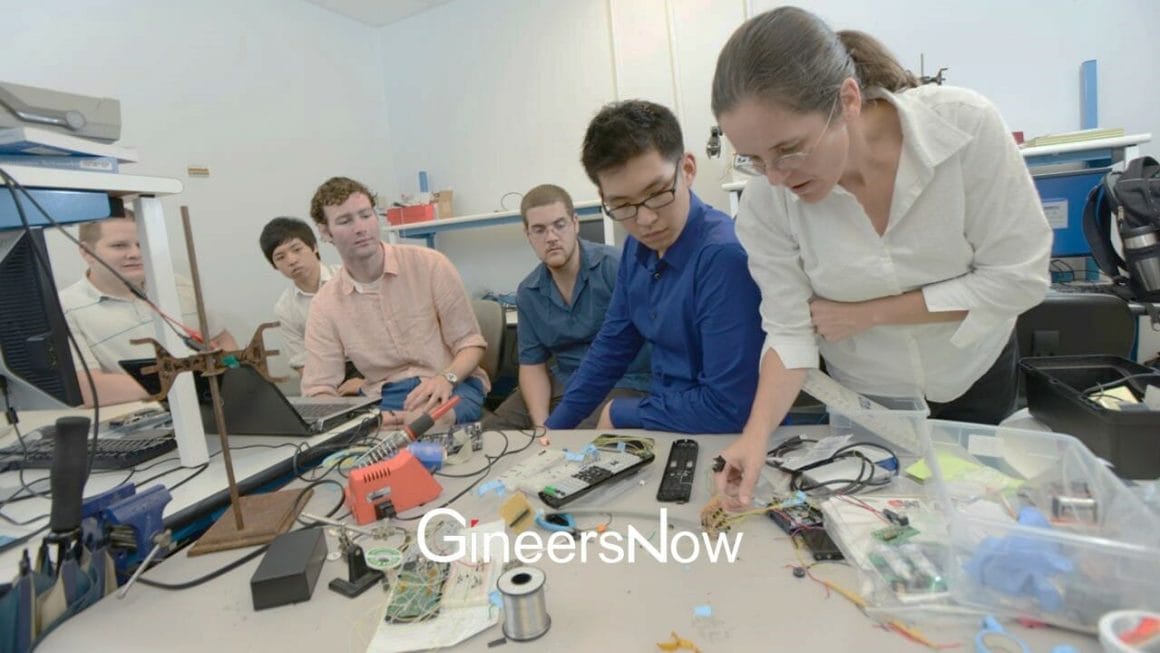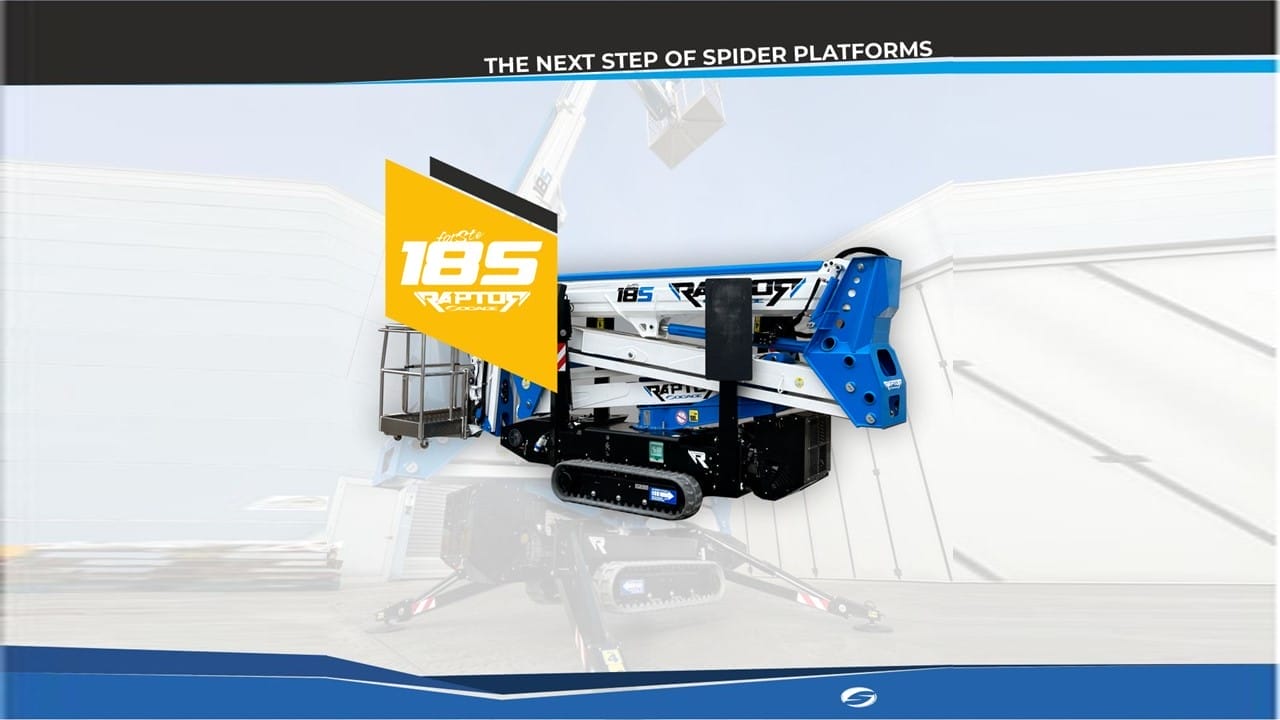If you love all things engineering, then you might be wondering what career path to take. You’ve got your master’s degree in engineering, but you might not have considered exactly where you wanted to go once you’d completed it. Lots of people think that they’ll end up working in the more “normal” engineering roles such as a civil engineer or a mechanical engineer. But, if you’re looking for something a little more outside of the box, you’ve come to the right place. Let’s take a look at some of the directions you could take with your engineering degree.
Find out where your strengths lie
One of the best parts of your engineering degree is that you don’t have to go with the conventional roles. In fact, engineers are needed in more industries than you think. That’s why it’s a good idea to find out where your strengths and passions lie. After all, this is a career you’re probably going to be in for the long haul, so you need to make sure it fits you and what you stand for.
You may already know what your passions are, but you might not know how you can align them with your other skills and interests when it comes to your career. That’s why it’s a good idea to take a Strong Inventory Test before making a career decision. It will help you find something that you’re interested in while still being able to make full use of your engineering degree.
In the meantime, let’s take a look at some career ideas you could consider!
Food engineer
If you’re someone that loves food and everything about it, then a food engineer might be something to consider. Creating great tasting food isn’t just about throwing ingredients together anymore. With world hunger being a very real thing, you could be working on making that something we never have to worry about again.
When you work as a food engineer, you start getting down to the nitty gritty side of things. You might work on new ways to produce food that’s safer for the environment, or you may even find the next best way to preserve food.
On the flip side, you could even end up working on helping to make the huge machines that process and manage food in factories. There are lots of avenues that you could explore, so even if you don’t want to be handling food, it still could be an option to consider. But, you should remember that you may need other qualifications in food science or chemical engineering too.
Structural engineer
If there’s one thing that humans will always need besides food, it’s somewhere to live, work, and do recreational activities. That’s why becoming a structural engineer might be a good idea – you’re pretty much guaranteed to never be out of work!
Aside from that, imagine being part of a team that creates the next biggest superstructure in the world, analysing the best materials and the most logical layouts while also helping on the construction side of things too.
Or, you could get excited about being the structural engineer on other exciting things like building football grounds or new and exciting playgrounds for children. Either way, becoming a structural engineer is guaranteed to be the complete opposite of boring.

Sporting engineer
Speaking of creating stadiums, another option you could consider is becoming a sporting engineer. Engineers in this industry help to do many things, from building stadiums right down to helping to develop equipment used in many different sports, like bats or hockey sticks.
So, if you’re someone that can’t miss a game or loves to go and watch their favourite teams live as often as possible, imagine being able to enjoy it that little bit more knowing that you’ve helped to make that excitement a very real thing.
Like a lot of engineering roles, you may also want to look at other qualifications in medicine or sporting medicine if you want to really be a part of the sporting industry as an engineer.
Racing engineer
Maybe physical sports aren’t your thing. Maybe you prefer something a little more hands on, a little more “getting your fingernails dirty” kind of role. Well, if you’re someone that loves cars and all things racing, then perhaps becoming a racing engineer is more up your street.
A racing engineer is often highly involved in the actual creation of the racing vehicles you know and love. Not only that, you’ll also have a say in the design and take part in the build process too. Again, imagine enjoying F1 racing knowing that you’ve helped to build a super machine that everyone absolutely loves.
One thing to keep in mind is that for a role like this, you may need a degree or at least experience in mechanical engineering.
Environmental engineer
If you’re like most, you’ll be just as concerned at the state of our planet as we are, and becoming an environmental engineer could be something to consider. In a role like this, you’ll be helping to find new and improved ways to maximise the materials we have on earth to use for things like energy or consumption.
Not only that, but you’ll be a part of a world-wide team that’s helping to clear up and reduce the amount of damage we’ve done (and will continue to do) to our beautiful green earth. You may also need experience or qualifications in marine, mechanical, chemical and process engineering. But, we think you’ll agree, that if it helps to save the planet, then it’s most definitely worth it.
So there we have it, five different options to consider after you’ve got your master’s in engineering. Remember that if you’re not sure exactly what you want to pursue, take the strong interest test to help combine your interests and other skills too. This list is far from exhaustive, and there are many other career options you could take with your master’s degree, so make sure you find the right one!












